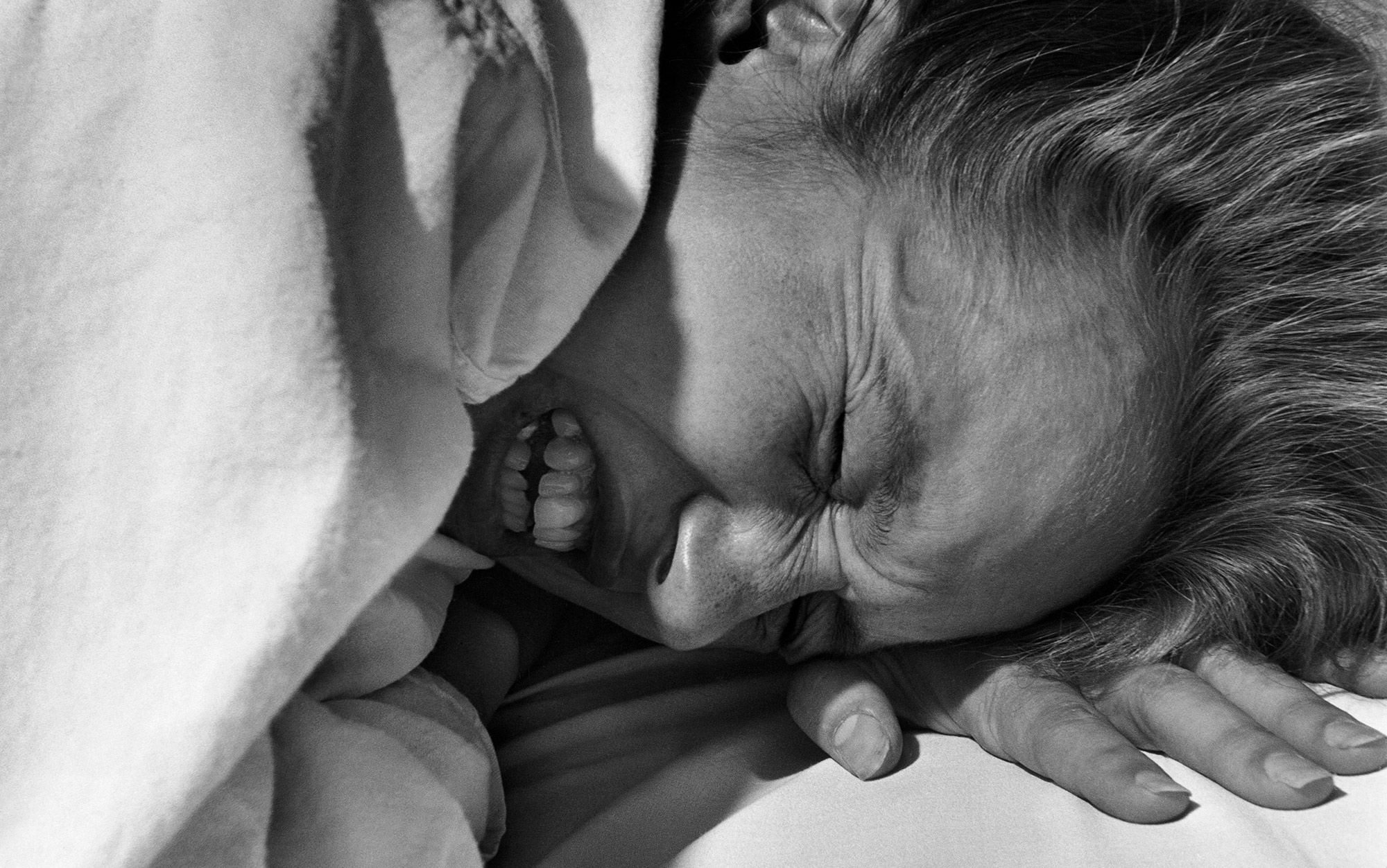by ELIZABETH BARNES

Women’s pain is often medically overlooked and undertreated. But the answer is not as simple as ‘believing all women’
Pain is your body’s alarm system. It’s a sensation designed to tell you that something’s gone wrong. But being in pain, says Colin Klein, a philosopher at the Australian National University, is a bit like having your house guarded by a hyperactive terrier. Sometimes it barks at trespassers, but other times it gets upset at the postman. Sometimes it goes wild over nothing at all, and, on occasion, it would probably let in burglars if they brought snacks. Pain is correlated with tissue damage (the stuff you need protecting from), but the two don’t necessarily go together. If you’ve ever cut yourself and didn’t feel the slightest twinge until you saw blood, you’ve had tissue damage without pain. If you’ve ever felt a sting in anticipation of an injection or a dentist’s drill, you’ve had pain without tissue damage.
Part of what makes pain an effective protection mechanism also makes it inherently subjective. The International Association for the Study of Pain describes it as ‘an unpleasant sensory and emotional experience’. You wouldn’t jerk your hand back so quickly from a hot stove if pain was just a vaguely irritating tickle. Pain can protect us because we typically dislike it and find it emotionally distressing.
This affective dimension of pain – which we might also call its ‘interpretive’ or ‘psychological’ character – becomes especially complex when it intersects with gender. There’s good evidence that the modern Western medical system treats men and women’s pain quite differently. Women are more likely to have their pain dismissed or under-treated, often from a very young age. That’s especially true for women of colour, whose pain receives significantly less treatment than that of their white peers. Clinicians investigate women’s chest pain less frequently than men’s – even when women have all the classic symptoms of a heart attack, and even though heart disease is the leading cause of death in women. Women are also far more likely than men to have a physical illness misdiagnosed as a psychiatric condition, particularly depression.
One reason for these problems is that we don’t listen carefully when women talk about their lives and experiences. Women are often subject to what the philosopher Miranda Fricker at the City University of New York has called a credibility deficit: they’re treated as less reliable sources of information, precisely because stereotypes cast women as untrustworthy and irrational. As a result, society’s understanding of things such as workplace harassment, sexual violence and intimate partner violence is profoundly skewed, since we’re less likely to believe reports from the people most likely to be affected.
Aeon for more